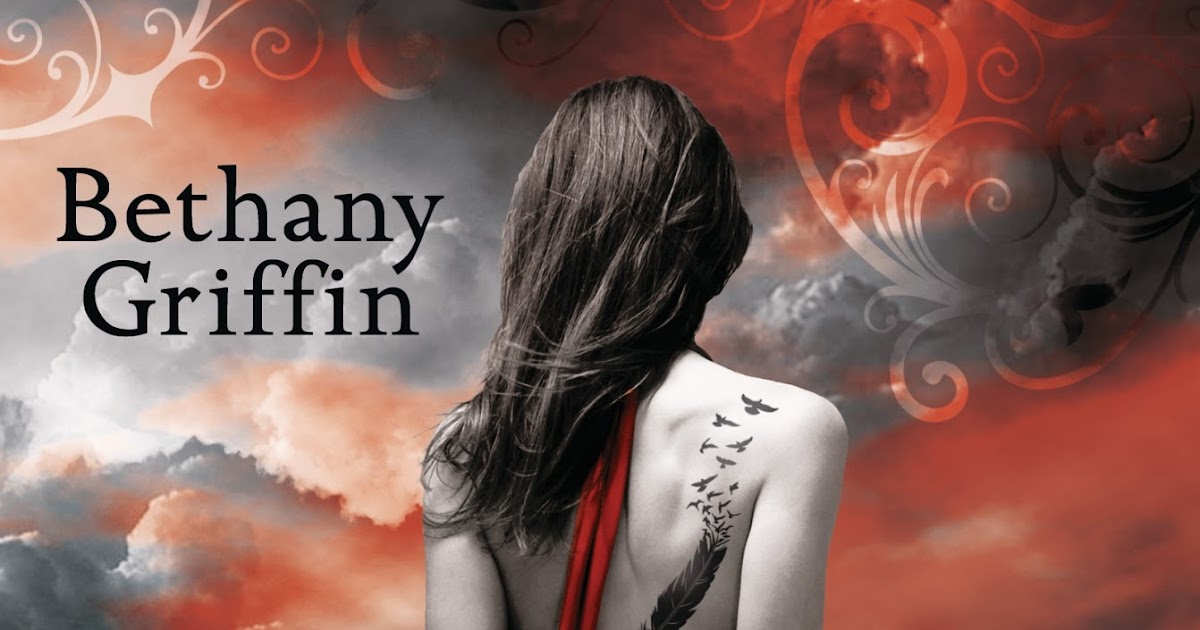
The lack of Madeline's knowledge about the outside world lent it a dreamlike, otherworldly quality. However, don't hold your breath if you're expecting to be chilled by this at no time did I feel the urge to hide behind a pillow.ĭespite its flaws, The Fall was not an entirely unpleasant read. The factual account from her eyes blurred the line between reality and fiction. If it had been filled with literary devices, Madeline's strange experiences would not have been as easily viewed as her reality. It didn't work with both.īethany Griffin's writing was stark and undescriptive, but not unpleasant. Whilst I did find this easier to read, it was a jarring change and it felt like the author couldn't make her mind up over which way she wanted to tell the story. There is little to no sign of any other chapters to break this up, except for the occasional diary entry. About halfway through, this jumping around stops and the main narrative turns to Madeline at sixteen, seventeen, and eighteen. The chapters all told variations on the same thing: Madeline is lonely without her brother in a cursed house. It was all very confusing and I kept losing track of which plot was when. The Fall is initially told in a mess of chapters from Madeline at different ages and a few snippets from her ancestor's diary. It had such potential I wish it could have been edited a little more thoroughly.

As a result, Madeline's few interactions with new people feel brief and forced and the ending left me confused at the anti-climax.

It drags to the point of boredom much of it says largely the same thing.

The Fall was far longer than it needed to be. But I could sense that Bethany Griffin was really trying very hard to spin it out into a full novel - and when I say she spun it, I mean she stretched it. I haven't read this story, so I can't compare it.

I somehow missed this when I read the blurb for the first time, but The Fall is based on a short story by Edgar Allan Poe entitled The Fall of the House of Usher.


 0 kommentar(er)
0 kommentar(er)
